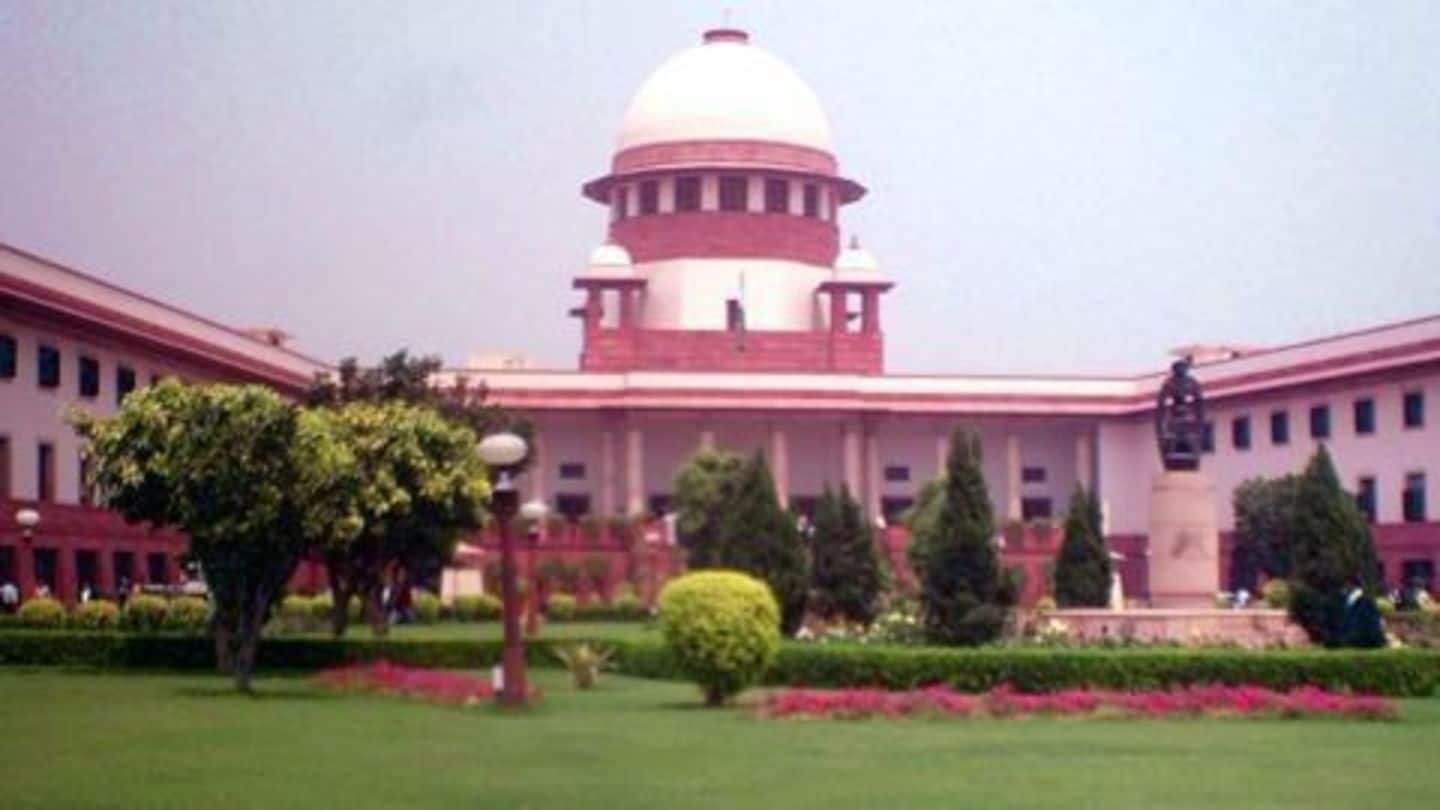
SC admonishes excessive force used by Army under AFSPA
What's the story
The Supreme Court of India on 8th July, 2016, ordered that Indian Army or armed police cannot use "excessive or retaliatory force" in troubled areas. This verdict challenges the immunity granted to the armed forces under the Armed Forces Special Powers Act (AFSPA). A Bench of Justices Madan B. Lokur and R. K. Agarwal in the apex court delivered this judgment.
AFSPA
Armed Forces Security Protection Act
The Armed Forces Special Powers Act of the Indian Parliament bestows special powers to the Indian Army in "disturbed areas". The AFSPA act passed on 11th September, 1958 was made applicable to the Seven Sister States of India and the one passed in 1990 was made applicable to Jammu and Kashmir. Concerns about human rights violations have been raised in regions accommodating these acts.
Personal
Irom Chanu Sharmila
Irom Chanu Sharmila, also called the "Iron Lady of Manipur", has been on a hunger strike demanding repeal of the "draconian" AFSPA, 1958. Her fast commenced after she was devastated by the killing of 10 innocent people by security personnel in Manipur.
The Act
Some powers enjoyed by officers under AFSPA
Security forces may arrest anyone that has committed a cognizable offence or is reasonably suspected of doing so, without a warrant. They may stop and search any vehicle that they suspect carries suspicious persons/weapons. Security forces acting under this law are immune from any prosecution, suit or legal proceeding. The term "disturbed area" is not subjected to government or judicial review.
The Case
Allegations of fake encounters in Manipur
The Supreme Court was the recipient of petitions that demanded the Central Bureau of Investigation to probe into the alleged 1,528 extra-judicial killings in Manipur from 2010-2012. According to the petitioners, i.e the human rights organisations, the security forces haven't faced action due to being under the protection of AFSPA. One petitioner, Suresh Singh, seeks to repeal the Armed Forces Special Powers Act.
Details
What the Supreme Court said
Pointing out the several do's and don'ts in the defence forces' rule book, the apex court asserted that no justifications exist for breaching the same. Petitioners and amicus curiae Menaka Guruswamy were asked to assemble information on 62 of the 1,518 alleged fake encounters in Manipur. This information should include details of FIR's, identities of victims, details of judicial or any other enquiries, etc.
Information
Santosh Hegde Commission on Manipur encounter deaths
Retired Supreme Court Judge Santosh Hegde was made head of a high-power commission constituted in January 2013, looking into six encounter deaths that occured in Manipur. In its report, the committee stated that none of the 7 people killed in the encounters held criminal records.
Defence
Central Government's argument
The Central Government of India regards these killings as "part of the sovereign function discharged by the Union of India through the army". According to Attorney General Mukul Rohatgi, the alleged extra judicial murders in Manipur are collateral deaths that security forces cannot be blamed for. The security forces and the government describe the alleged encounters as genuine, standing against the court-appointed panel's report.
Information
Next Hearing
The Supreme Court will hear the matter containing information with regards to the 62 cases of fake encounters on 13th August, 2016.